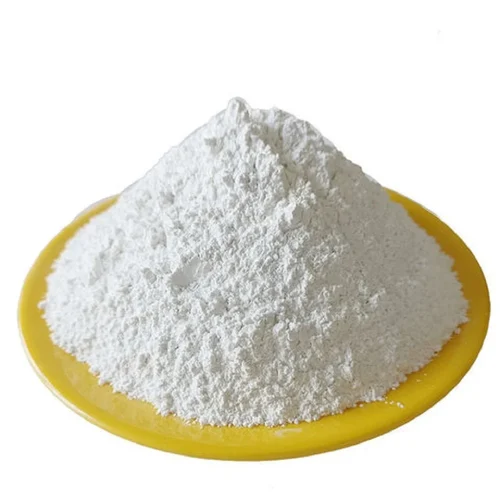Lubricating oil detergents are indispensable additives in various internal combustion engine oils. They are colloidal dispersion systems formed by surfactants dissolved in diluent oil and a large number of nanoparticles (usually alkaline compounds of inorganic substances). The surfactants in the dispersion system have the functions of peptization, solubilization, and purification and dispersion, which can inhibit the serious pollution caused by incomplete fuel combustion and lubricating oil oxidation in internal combustion engines; the alkaline nano magnesium carbonate component can effectively neutralize the harmful inorganic and organic acids generated by fuel and lubricating oil during use, slow down the oxidation process of oil products, reduce engine corrosion and wear, and extend the service life of oil products and engines.

Hebei Messi Biology Co., Ltd. stated that the metal carbonate in the colloid core that provides alkaline reserves should be nanometer-level. Many nano powders, especially nano powders of inorganic salts and metal oxides, are very easy to aggregate due to their huge surface energy, which in turn affects the application performance. Using surfactant modification to reduce surface energy is an important means to inhibit the aggregation of nano magnesium carbonate powders. Nano magnesium carbonate for lubricating oil detergent dispersant has good colloidal stability, clean dispersibility and thermal oxidation stability.
Since the metallic property of magnesium is weaker than that of calcium, the carbonation process of nano magnesium carbonate in the preparation of lubricating oil detergent dispersant is more difficult than that of calcium salt, and nano particles often agglomerate into secondary particles due to their large specific surface area, forming the so-called “jelly”. In addition, the concentrations of magnesium hydroxide and magnesium carbonate in water are relatively close, making it difficult to convert magnesium hydroxide in the micelle into magnesium carbonate.
If water is added first in the stage of generating positive salt surfactant, a large amount of magnesium hydroxide will be generated, and due to the effect of hydrogen bonding, magnesium hydroxide is easy to aggregate into larger particles, or even condense into precipitation, increasing the viscosity of the product, deteriorating the colloidal stability, and greatly affecting the product performance; using a unique water addition method during carbonation, the generated magnesium hydroxide can react with carbon dioxide to generate magnesium carbonate before mutual association, and disperse into the oil phase to form micelles, thereby ensuring the size of the micelles and the performance of the product.
